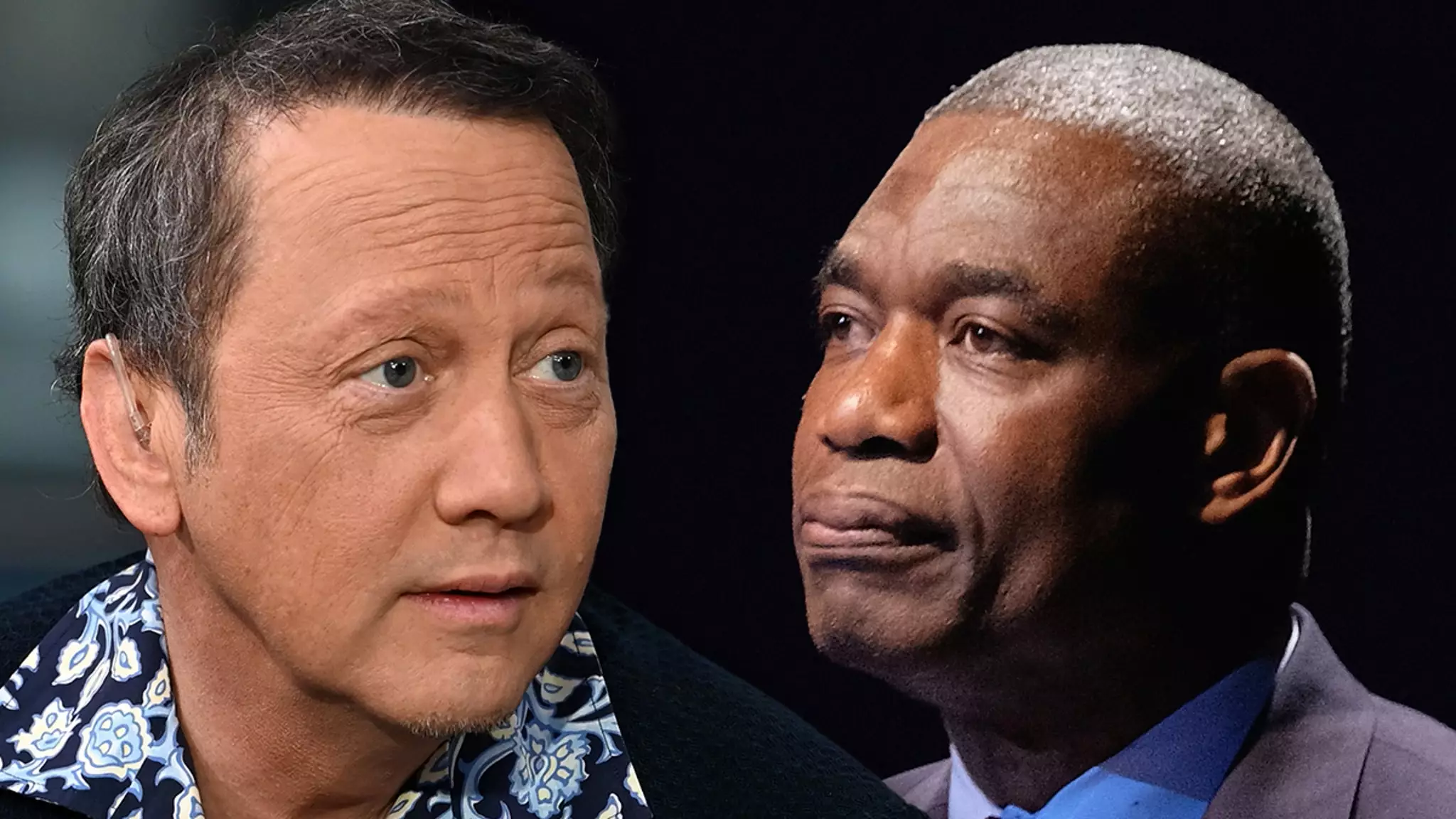The recent passing of NBA legend Dikembe Mutombo has left many in shock, as he was not just a sports figure but also a symbol of philanthropy and hope in fighting health crises. His battle with brain cancer, which he courageously made public, called attention to significant health issues. However, amidst the outpouring of condolences, comedian Rob Schneider’s unsolicited remarks about the situation have sparked a firestorm of criticism. It raises important questions about the appropriateness of linking personal tragedies to broader social issues, especially when they involve sensitive topics such as vaccination.
In his tribute, Schneider took a path that many found distasteful; he used the death of Mutombo to promote his anti-vaccine beliefs. His statement insinuated that Mutombo’s demise, at the relatively young age of 58, was somehow connected to his vaccination status. The implications Schneider drew were not only tactless but also demonstrated a profound misunderstanding of health issues. Mutombo was suffering from brain cancer, which had been diagnosed publicly in 2022, yet Schneider’s focus on the vaccination creates an unnecessary and harmful narrative surrounding a tragedy that requires compassion.
The Power of Social Media
Schneider’s comments quickly resonated across social media platforms, garnering a wave of backlash from users. While Schneider has positioned himself as a staunch advocate for his beliefs, many took to platforms like X (formerly Twitter) to express their discontent. Comments ranged from pointing out the absurdity of his correlation to personal attacks referencing his own familial issues. This incident showcases the sometimes toxic nature of social media, where knee-jerk reactions and emotionally charged statements can drown out constructive dialogue. Rather than fostering supportive conversations around health and grief, such remarks cultivate division and amplify misinformation.
This incident serves as a cautionary tale on the intersection of celebrity influence and public health discourse. Public figures have the power to shape narratives, but with that influence comes a responsibility to approach sensitive topics with care and respect. Schneider’s remarks reflect a troubling trend where personal tragedies become fodder for political or ideological battles. In doing so, he not only disrespected Mutombo’s legacy but also hindered the potential for deeper, more meaningful conversations about health disparities and cancer awareness, issues that people from all walks of life can rally around.
Moving Forward with Respect
As society grapples with these profound health issues, it is crucial that public discourse prioritizes empathy over sensationalism. The passing of someone like Dikembe Mutombo should inspire solidarity and education rather than serve as a backdrop for divisive rhetoric. Celebrities should remember the impact of their words, especially in times of loss, and reflect on how they can contribute positively to the narrative instead of detracting from it. In a time when misinformation can spread like wildfire, responsible communication is more essential than ever.


Leave a Reply